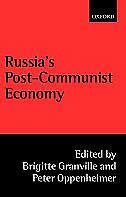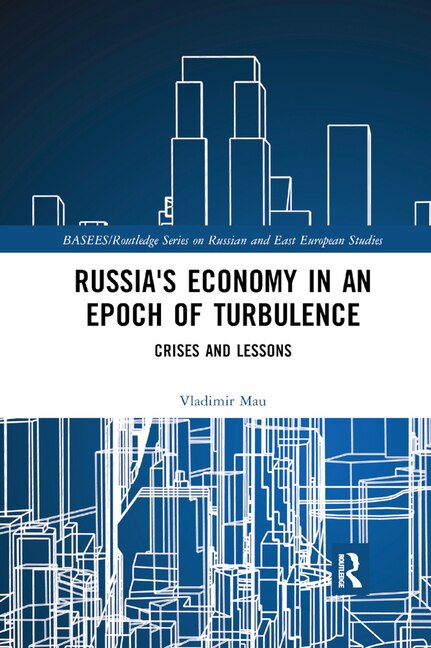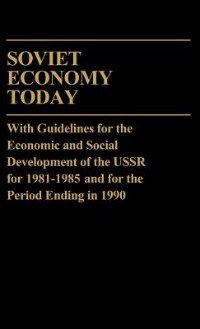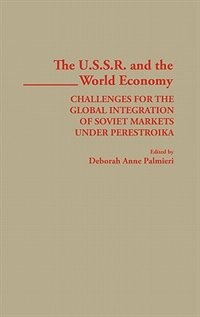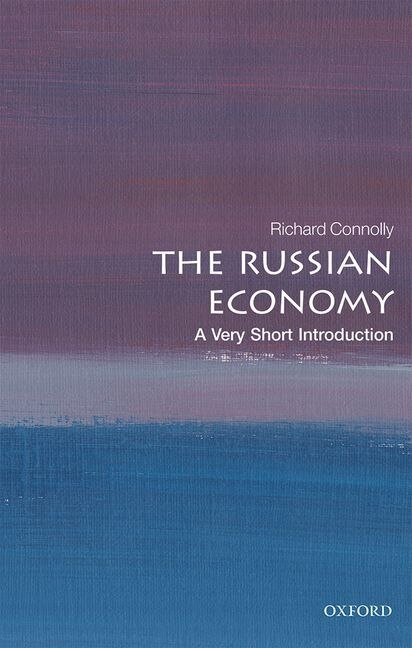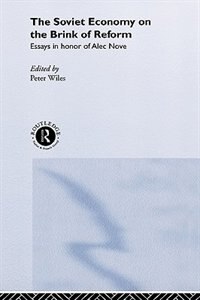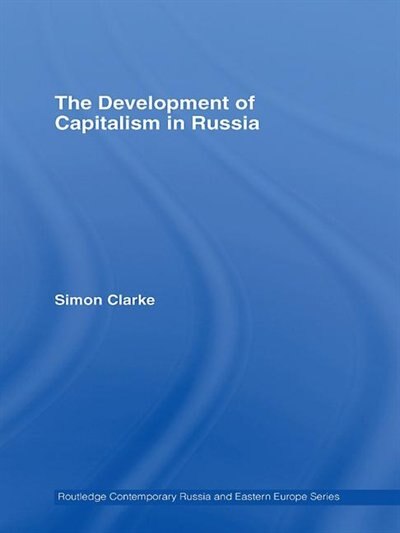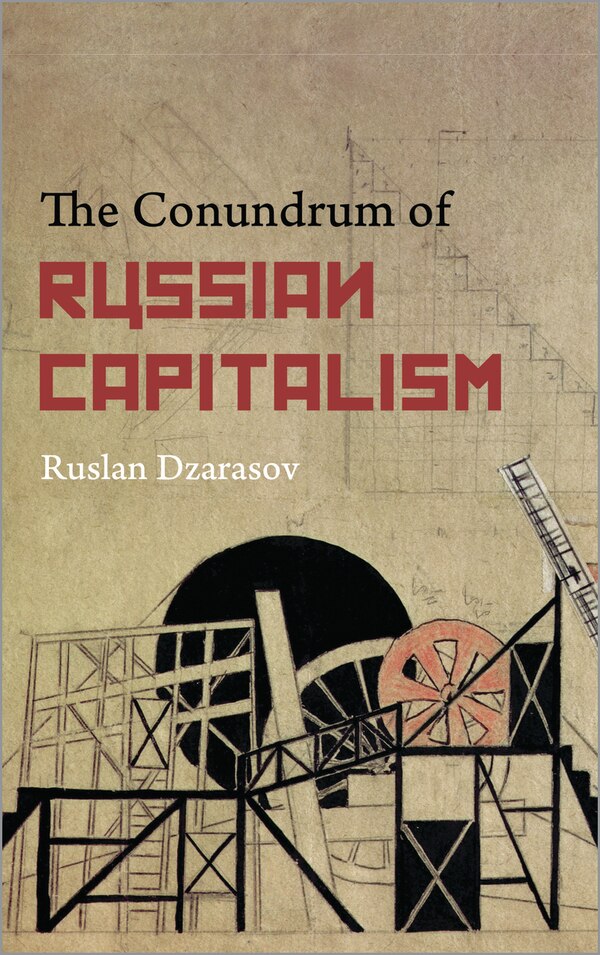Home
Russia's Post-Communist Economy by Brigitte Granville, Paperback | Indigo Chapters
Loading Inventory...
Coles
Russia's Post-Communist Economy by Brigitte Granville, Paperback | Indigo Chapters
From Brigitte Granville
Current price: $231.00
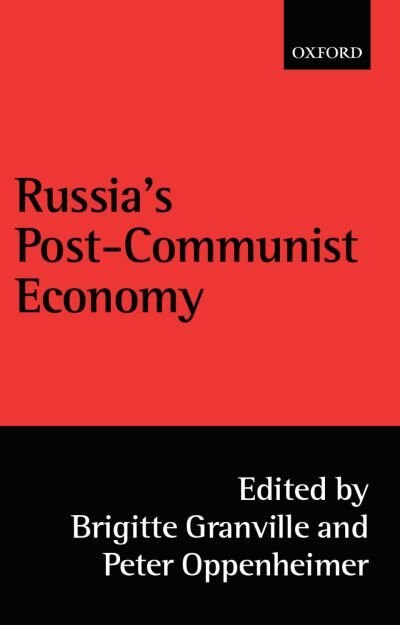

Coles
Russia's Post-Communist Economy by Brigitte Granville, Paperback | Indigo Chapters
From Brigitte Granville
Current price: $231.00
Loading Inventory...
Size: 3.1 x 21.6 x 671
*Product information may vary - to confirm product availability, pricing, shipping and return information please contact Coles
This volume offers a multi-author survey and analysis of economic developments in the Russian Federation since the collapse of Communism and the break-up of the Soviet Union in 1989-91. It covers the period 1991-98 and in some areas extends to 1999-2000.Russia, the core of the former Soviet Union, is at once the largest transition economy of Eastern Europe and also, arguably, the one most burdened by its own past-not only of Communism, but of Tsarist absolutism and territorial aggrandizement in earlier centuries. Its present-day assets ofnatural-resource wealth and a well-educated labour force are offset by hypertrophied defence industries, unhelpful location of manufacturing capacity, and excessive preponderance of large enterprises. Russia has shared with other transition economies the problems of macro-economic stabilization and reconstruction of economic institutions following the disappearance of the command-administrative system which set guidelines for production under Communism. Economic progress has been held back bymisappropriation of business funds and massive associated export of capital to western financial markets. Stabilization and welfare services alike have been handicapped by the difficulty of raising adequate tax revenue-or alternatively of cutting public expenditure commitments sufficiently. Arrears and offset arrangements have proliferated, providing disorderly sources of flexibility in the face of immobile resources and inadequate financial mechanisms, including total failure hitherto to establish a viable commercial banking system. In the consumer sector, income distribution has become (as in other transition economies) markedly more unequal, with regional disparities playing a significant role. State assistance to the worse off has been patchy at best. Mortality and morbidity statistics have deteriorated. But, at the sametime, living standards have been supported by continuing non-payment of housing costs and subsidization of household utilities, and have benefitted from external economic liberalization, which has given households access to foreign consumption goods and to dollar bills as a key savings medium andliquidity reserve. Altogether, average living standards have changed little in Russia's first post-Communist decade, despite the massive drop in industrial production and consequential underutilization of capacity. These and other features of Russia's economy are explained by an international teamof expert authors in the most comprehensive and objective overview of the subject to date. | Russia's Post-Communist Economy by Brigitte Granville, Paperback | Indigo Chapters

